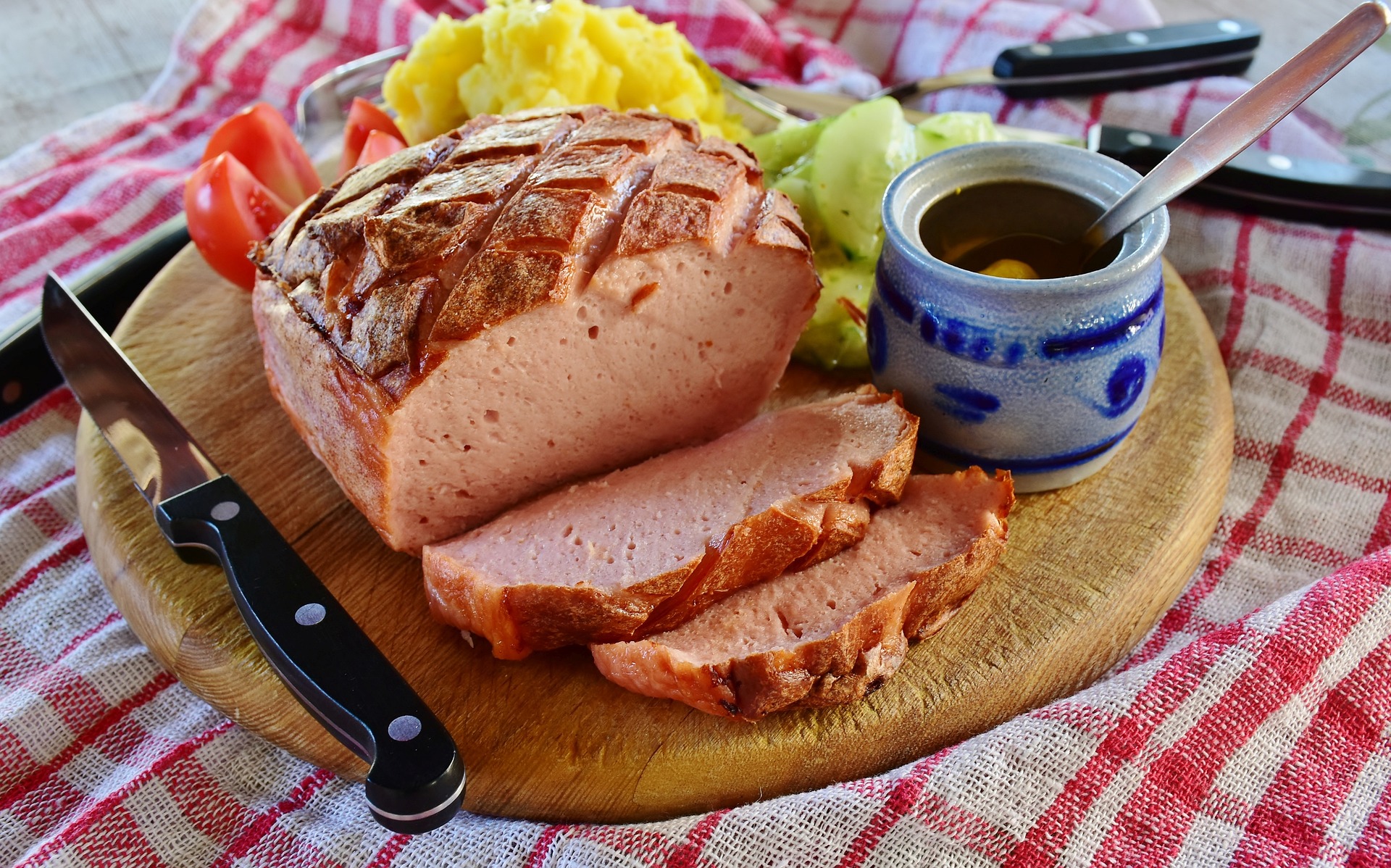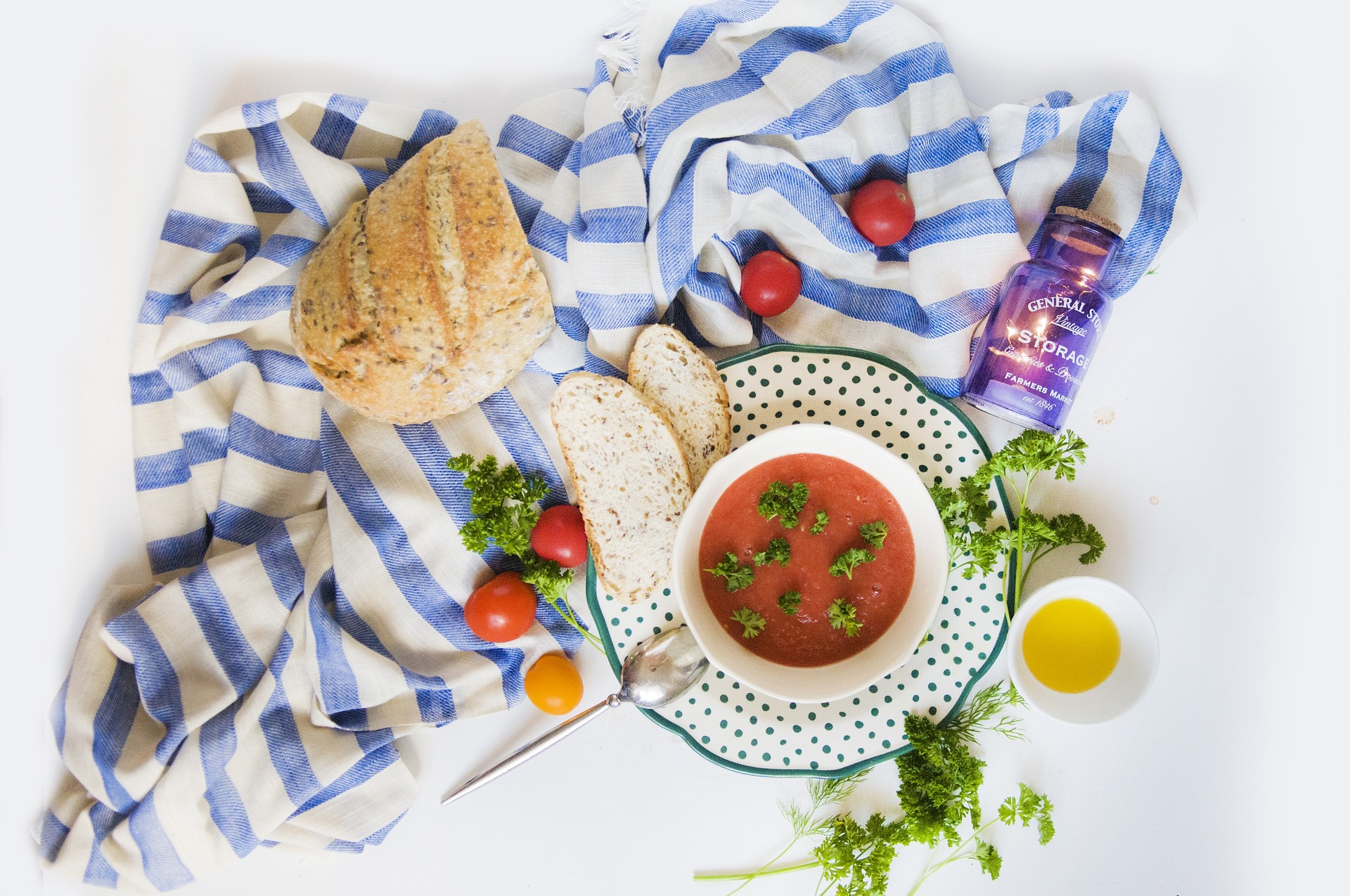Discovering the Vibrant Flavors of Moroccan Cuisine
In the culinary world, Moroccan cuisine is a treasure trove of unique flavors, textures, and aromas. This diverse and vibrant cuisine, with its exquisite blends of spices and ingredients, offers an adventurous culinary journey. Let's take an immersive trip to the heart of Moroccan food and discover what makes it so special.

A Taste of History
Moroccan cuisine is a testament to the nation’s rich and diverse history. Influenced by Berber, Arab, French, and Mediterranean cuisines, it offers a unique fusion of flavors. The use of various spices like saffron, cumin, coriander, and cinnamon adds depth to dishes, creating a harmony of sweet and savory flavors.
Signature Dishes
One cannot talk about Moroccan food without mentioning Couscous and Tajine. Couscous, a granular semolina served with meat and vegetables, is a staple of Moroccan households. Tajine, on the other hand, is a slow-cooked stew named after the earthenware pot it’s cooked in. These dishes are a reflection of Morocco’s tradition of communal eating and sharing.
The Magic of Moroccan Spices
Moroccan cuisine is synonymous with an array of spices, each contributing to the unique flavor profile of the dishes. Ras el Hanout, a spice mix often referred to as ‘head of the shop,’ is a blend of the best spices a shop has to offer, making each mix unique. These spices don’t just add flavor; they also have health benefits, thanks to their antioxidant and anti-inflammatory properties.
Traditional Moroccan Drinks
The Moroccan drinking culture is as rich as its food. Mint tea, often called ‘Moroccan whiskey,’ is a symbol of hospitality and friendship. Made from green tea, fresh mint leaves, and a generous amount of sugar, it’s served throughout the day, marking social interactions and special occasions.
Moroccan Desserts: A Sweet Ending
Moroccan desserts, often featuring honey, almonds, and fruits, provide a sweet ending to meals. Pastilla au Lait et Amandes, a milky almond pastry, is a delightful treat, while Chebakia, sesame cookies folded into a flower shape and dipped in honey, is a favorite during Ramadan.
-
A Spice-Lover’s Paradise: Moroccan cuisine skillfully blends a plethora of spices, offering a unique taste experience.
-
Bread is Fundamental: Moroccan meals are incomplete without bread, used not just as a side, but also as a utensil for scooping up food.
-
Street Food Delights: Moroccan street food offers a variety of treats like Msemen (Moroccan flatbread), Harira (a hearty soup), and grilled sardines.
-
Tagine is More than a Dish: The conical shape of the tagine pot helps to circulate heat and moisture, enhancing the flavor of the food cooked in it.
Moroccan cuisine is a vibrant and flavorful culinary journey, with each dish narrating a tale of the country’s rich culture and history. It’s not just about feeding the body, but also the soul. Each bite offers a blend of ingredients and spices that transport you to the bustling souks and sun-drenched landscapes of Morocco. So, the next time you want to try something different, why not delve into the flavors of Moroccan cuisine? It’s a gastronomic experience that’s sure to tantalize your taste buds.




